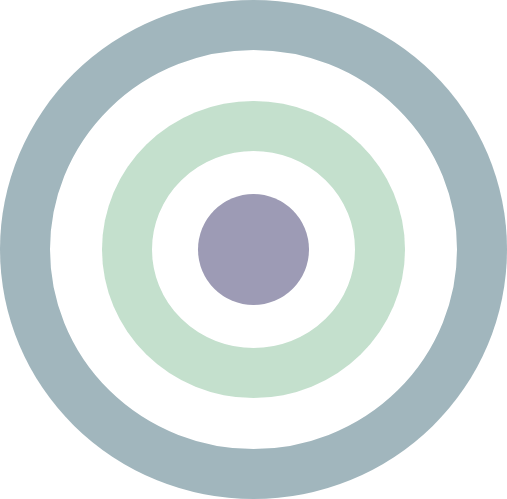


What it is about:
It concerns the use of PNT technology for the certification of the origin of products (through the registration of a single event) of various commodity sectors (e.g. agri-food, auto parts, textile sector, generic drugs, etc.). By registering several events, it is possible to certify the entire supply chain according to the needs of the sector and consumers. Thanks to the VERISKY platform, we are able to offer a certification of origin service for the product or the entire supply chain, assisting customers in integrating these services into their production chain.
To these services we will add a number of additional digital marketing tools: QR codes, links to the company blog, integration with management software, social media channels with the possibility of creating customer loyalty strategies (rewards, discounts, etc.). We also offer the possibility of identifying actual target markets through the mechanism of traceability.
Main stakeholders:
Producers (e.g. agri-food companies, pharmaceutical companies, manufacturing companies) with their customers, suppliers in the supply chain and control bodies (Public Health, Chambers of Commerce, Police Authorities, etc.).
Sectors concerned
- Agri-food
- Pharmaceuticals (generic) and homeopathic products
- Textiles and clothing
- Vehicles and spare parts
- Mechanical and electronic equipment
Market drivers:
The need for manufacturers to identify and value the origin and authenticity of products, and to assure consumers of the promised quality.
Trends:
In 2016, counterfeit and pirated goods amounted to as much as 3.3% of world trade, and up to 6.8% of EU imports from third countries (estimated that in that year the volume of international trade in counterfeit and pirated products could amount to as much as $509 billion).
This amount does not include counterfeit and pirated products produced and consumed domestically, nor pirated digital products distributed via the internet.
Between 2013 and 2016, the share of trade in counterfeit and pirated goods in global trade grew significantly.
The results show that in 2016, imports of counterfeit and pirated products into the EU amounted to as much as €121 billion ($134 billion), representing up to 6.8% of EU imports, compared to 5% of EU imports in 2013.
The extent of counterfeiting in Italy varies considerably across product categories. In absolute terms, ICT devices were the most counterfeited, with an estimated €3.3 billion worth of fake products imported into Italy in 2016. In relative terms, leather goods and handbags, toys and games and clothing were the categories most targeted by counterfeiters, accounting for 16%, 14.9% and 13.8% of Italian imports for these categories respectively.

